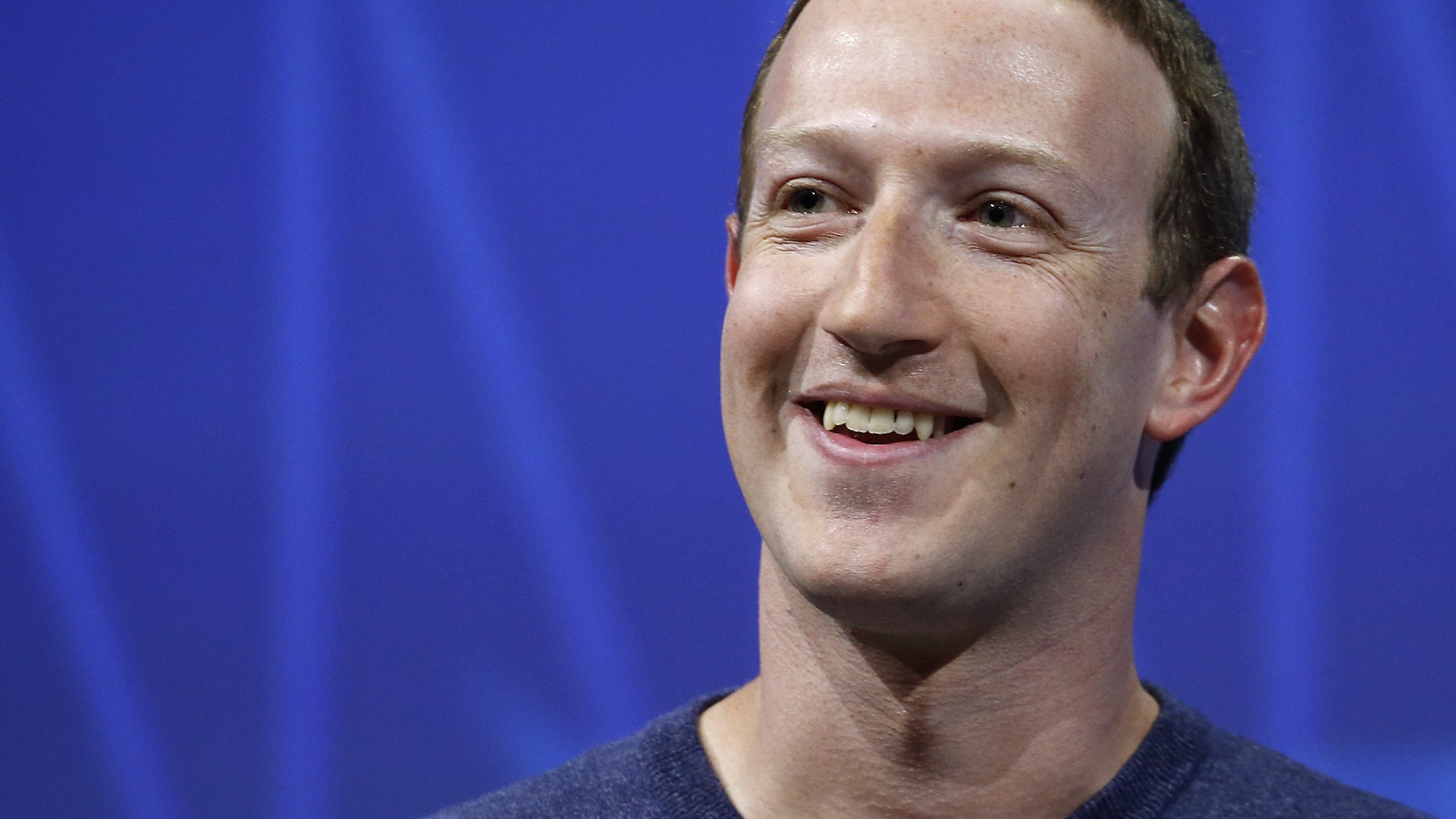Facebook has refused to take down a deepfake video posted to Instagram that shows its own CEO claiming the company manipulates user’s data.It’s one in a series of videos that includes deepfakes of Donald Trump and Kim Kardashian purportedly bragging about the power of online data collection.The videos, first reported by Motherboard, present another major test of Facebook’s policy for dealing with this emerging class of manipulated video. Last month the company declined to remove video of Speaker of the House Nancy Pelosi that was edited to make it appear that she was slurring her words.While the Pelosi video was crudely edited, the videos of Zuckerberg, Trump and Kardashian use advanced techniques to show something that didn’t occur or wasn’t said.The latest deepfake videos were originally created for Spectre, an art installation on display in the U.K. The exhibit was designed to draw attention to how people can be monitored and manipulated via social media.They use existing footage of the subject merged with a computer-generated image of the person’s face, while a voice actor provides the audio.In the Zuckerberg video, the Facebook CEO is shown as if appearing on a CBS news broadcast speaking about transparency in ads.“Imagine this for a second: One man, with total control of billions of people's stolen data, all their secrets, their lives, their futures," Zuckerberg's likeness says in the video. “I owe it all to Spectre. Spectre showed me that whoever controls the data, controls the future.”The video of Trump appears to show the U.S. president attributing his success to “algorithms and data” saying he “pulled off the biggest heist of the century and people just have no idea.”In the video purporting to show Kim Kardashian, who has amassed a huge social media following, the reality star says she feels “really blessed because I genuinely love the process of manipulating people online for money.”Facebook says it won’t arbitrarily remove the videos, but will treat them “the same way we treat all misinformation on Instagram.” In a statement, the company added that if third-party fact-checkers mark the videos as false it will downgrade them so they won’t receive as much attention — the same action it took against the Pelosi video.But CBS, whose graphics are shown in the Zuckerberg video, requested late on Tuesday that Facebook “take down this fake, unauthorized use of the CBSN trademark.”The White House did not immediately respond to a request for comment about the video.The Zuckerberg video has been viewed almost 30,000 times on Instagram, the Trump video over 8,000 times and the Kardashian video over 9,000 times.Video manipulation has been around for decades, but experts warn that the advance in technology has made it easier to create these deepfakes to the point where it is now possible for anyone with a decent computer to produce realistic results.And, they warn, that poses a significant threat to the integrity of the 2020 elections. Cover: Facebook's CEO Mark Zuckerberg delivers a speech at the VivaTech (Viva Technology) show in Paris, on May 24, 2018. (Sipa via AP Images)
Cover: Facebook's CEO Mark Zuckerberg delivers a speech at the VivaTech (Viva Technology) show in Paris, on May 24, 2018. (Sipa via AP Images)
Advertisement
Advertisement
“I worry that as the technology advances quickly, by the time the 2020 election rolls around, we are going to have a deepfake that tips an election,” Danielle Citron, a University of Maryland law professor who specializes in deepfakes, told VICE News.Citron and several other experts will give evidence on deepfakes to the House Select Committee on Intelligence during a hearing scheduled for Thursday.In the wake of Facebook’s decision to keep the Pelosi video on its platform, the company was harshly criticized, notably by the Speaker herself.“I think they have proven — by not taking down something they know is false — that they were willing enablers of the Russian interference in our election," Pelosi told California's KQED.Zuckerberg reached out to Pelosi personally to try and address the issue, but so far Pelosi has not responded."By the time the 2020 election rolls around, we are going to have a deepfake that tips an election.”

